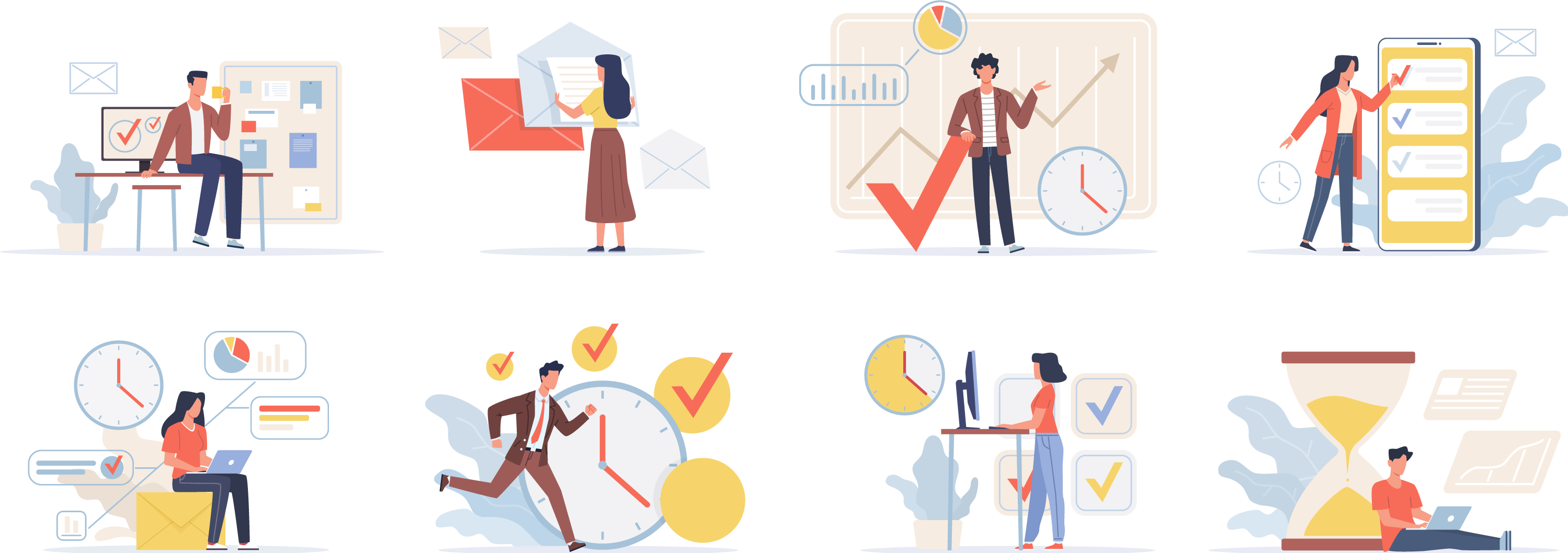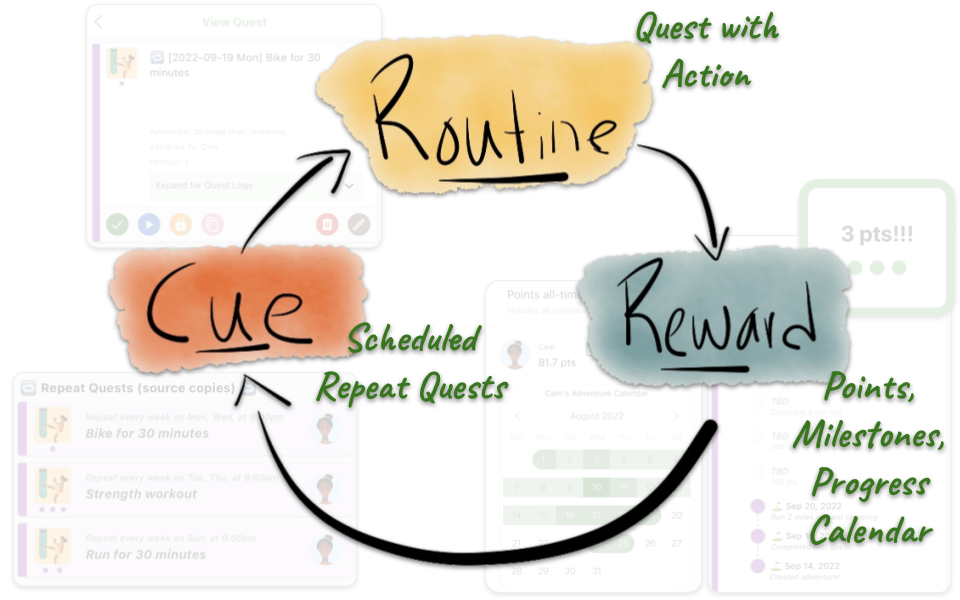
Many of us have wished to have more willpower. That's because we have this notion that having more willpower will help us accomplish more. However, researches are increasingly pointing to an alternative framework, and challenging our understanding on how willpower works.
“The secret ingredient of my secret ingredient soup is... nothing.” – Mr. Ping, Kung Fu Panda.
How to Be Superhuman?
Have you ever wondered how some people do it when you look at them? They might be in amazing form. Maybe they get up at four every day to meditate. They may be the ones who produce the most at work. And somehow they still find time to run three miles each day.
You assume that whatever it is, their willpower is superhuman. "I can't even get myself to go for a walk on a warm, sunny day," you think bitterly.
But before you get too harsh on yourself, know that there is a little secret about willpower. And it's not what you think.
Willpower: For Special Occasions Only
Saunders, a psychologist at the University of Dundee, compares relying exclusively on willpower to stopping your car by applying the emergency brake every time.
There are of course important uses for the emergency brake, but the correct scenario is uncommon. Willpower is similar. It shouldn't be a tool you use frequently, but rather something you only summon when you absolutely have to.
But if willpower is not the answer, what should we utilize instead?
Systems: "Un-boring" the Repetitive, Fundamental Efforts
We make better decisions for the present moment when we think about the future. This psychological phenomenon is crucial to understand how to achieve our goals. We all know we need to increase physical activity, eat healthier, and focus on our most important tasks. Yet, when it's time to act, our thoughts and temptations are drawn to other directions.
Consider all the times you have sat down to work, ready to tackle a project, only to see your phone sitting there, innocent and appealing. Isn't there a strong urge to take it up?

Instead of increasing willpower, the emerging idea is to eliminate the need for it in the first place. Put your phone away and out of reach if you want to be more productive. Out of sight, out of mind. When I don't have my phone nearby to distract me, I am more focused and, surprisingly, happier, as I no longer need to endure the endless internal struggle with procrastination.
This is an example of system construction. Systems work because we essentially design our environment to eliminate the need for willpower. Therefore, you improve your chance of completing your task.
You see effective people constructing effective systems every day. You probably have already adapted some of these strategies:
Control sugar intake by buying sweets in small portions, even if it's cheaper to purchase in bulk.
Stay hydrated by carrying a large water bottle enough for the whole day.
Recruit workout buddies that get you to the gym.
In his book, Atomic Habits, author James Clear describes the Paper Clip strategy. This strategy involves two jars, one starts off empty, while the other with 120 paper clips. When you complete a task (like a sales call), move one paper clip from the full jar to the empty jar. Rinse and repeat.
When we design these systems, we employ "future thinking". We think about how our future selves will behave, or, to cite economist Richard Thaler, misbehave. And we construct our system like an IKEA floorplan that subtly guides our future selves to take the best actions, without the need to call upon willpower.
Systematically Deploy Systems with Tools Like HeroMode
Effective systems, like the Paper Clip strategy, are truly ingenious. But we don't have to invent new systems through trial and error for each goal we'd like to achieve. Not only are there examples to follow, there are also many tools. Need to prevent yourself from surfing the web when you should be working? There are browser extensions that you can install to block time-wasting websites.
Our goal with HeroMode is to build a tool that can be the one system we need to complete tasks and reach aspirations. We added a lot of ingredients that have been revealed to be effective motivators and habit builders:
- Use Quest points to motivate us to complete tasks.
- Rope in buddies to collaborate or strive towards a shared goal.
- Establish the habit loop by setting up repeat quests.
- Hide away non-urgent tasks by quest locking. Unlock them automatically at a designated time or when a blocking quest is completed.
- Stay aware of the objective of our goal, or the context of each task with Adventures.
- Many ways to see progress and celebrate every step!

Be "Super Human" to Be Superhuman
Many of us have wished to have more willpower. That's because we have this notion that having more willpower will help us accomplish more. While that might be true, the more effective route is to remove the need for willpower by designing systems.
And designing effective systems requires that we really understand ourselves. Understand what distracts us, what motivates us, and what keeps us going as we trudge through the many many hours of fundamental efforts required to get to our goal.
So, in a way, we have to get super in touch with our human side before we can achieve superhuman results.
With HeroMode, our hope is to build a tool that gives us the limitless reservoir of motivation and joy. If we make every small step a little bit more joyful, then we will endure better the many many steps required to make meaningful progress. We hope HeroMode will work for you as much as it's been working for us.